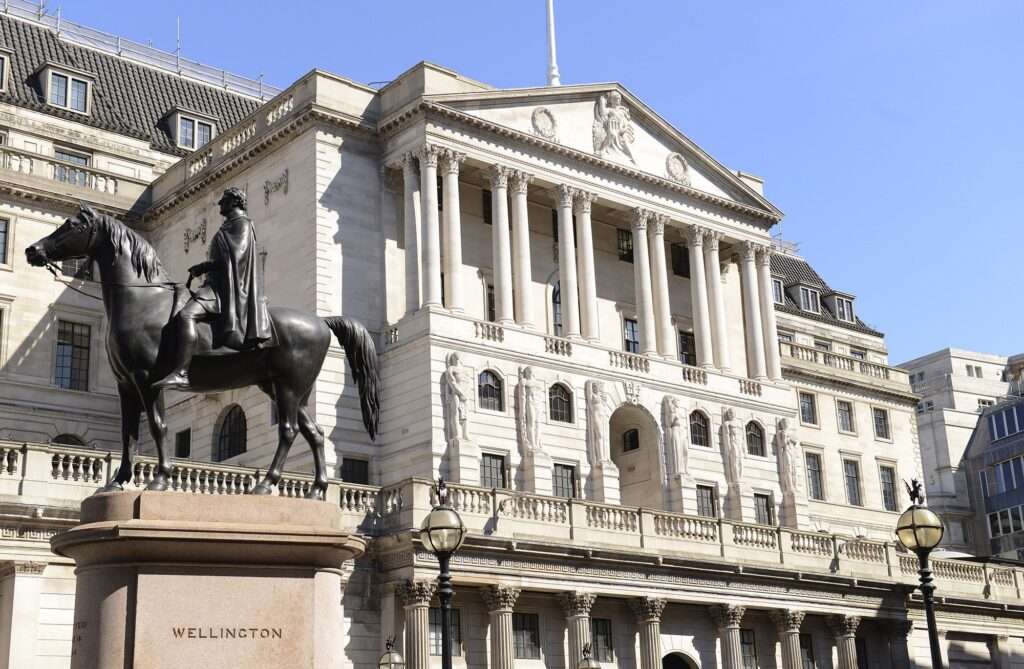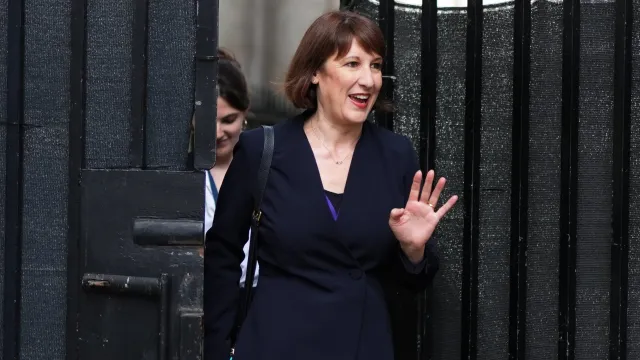The UK government’s borrowing costs have climbed as financial markets react to speculation that Chancellor Rachel Reeves will revise the country’s debt rules, potentially unlocking up to £50 billion for infrastructure investments.
This anticipated shift in fiscal policy has sent shockwaves through global markets ahead of next week’s budget, sparking increased interest rates on government bonds.
On Thursday, October 24, the yield on UK government bonds rose by approximately six points, surpassing 4.2%, before easing later in the day. This contrasts with falling borrowing costs in other major economies, such as the US. The spread between UK gilts and German debt hit its highest level in over a year, highlighting market concerns.
Debt Rule Revision Raises Concerns
According to Lyn Graham-Taylor, a senior rates strategist at Rabobank, “It seems to be related to Reeves last night suggesting that the fiscal rules would be rewritten to increase spending on infrastructure.” This sentiment reflects the growing uncertainty surrounding the UK’s economic strategy as Reeves prepares to announce changes to how public debt is calculated.
Reeves is expected to attend the International Monetary Fund’s (IMF) annual meetings in Washington, where she will likely confirm her plans. Though the details of the new fiscal rule remain under wraps, a senior government official hinted that the focus would be on public sector net financial liabilities, a broader definition of government debt that includes financial assets and liabilities.
If this measure had been applied during the previous budget in March, it could have added £53 billion to the government’s spending headroom. The timing of this announcement signals Reeves’ alignment with the IMF, a traditionally conservative institution that has recently shown more openness to borrowing for investment purposes.
Bond Yields Under Pressure Globally
Global bond markets have been volatile in recent months, driven by expectations that central banks may cut interest rates to stave off a potential economic downturn. With inflation cooling, there is growing anticipation that major central banks, including the Bank of England, may lower rates in response to the changing economic landscape.
Bank of England Governor Andrew Bailey has indicated that inflation in the UK has fallen faster than anticipated. Speaking at a meeting at the IMF, Bailey shared the “good news” that inflation was easing across advanced economies. “Disinflation — and the UK is part of this — has actually taken place faster than we expected it to,” Bailey said, suggesting that further reductions in borrowing costs could be on the horizon.
The Bank of England is expected to cut interest rates from 5% to 4.75% at its upcoming policy meeting in November, provided inflation continues its downward trajectory. However, Bailey cautioned that “outstanding questions” remain about whether inflationary pressures could resurface.

Economic Growth Slows Amid Uncertainty
Despite the positive signs of inflation, economic growth in the UK has slowed more than expected. Data for October revealed that growth in the private sector had dipped significantly, as businesses remain uncertain about the upcoming budget’s impact on their operations.
The S&P Global Flash UK Composite Purchasing Managers Index (PMI), which measures business sentiment, fell to an 11-month low of 51.7 in October, down from 52.6 in September. On this scale, a reading above 50 indicates growth, while anything below 50 signals contraction.
Chris Williamson, chief business economist at S&P Global Market Intelligence, noted that “Business activity growth has slumped to its lowest for nearly a year in October as gloomy government rhetoric and uncertainty ahead of the budget has dampened business confidence and spending.”
The business community is waiting for clarity on government policy, with the global economic backdrop also contributing to nervousness. Ongoing conflicts in the Middle East and Ukraine and the approaching US elections are compounding concerns about the UK’s economic outlook.
As such, Reeves’ proposed changes could signal a new era of investment in infrastructure, but questions remain about how these moves will affect long-term borrowing costs and the broader economic outlook.
READ ALSO: Sammy Gyamfi Condemns Government’s Inaction Against Attacks on Journalists























